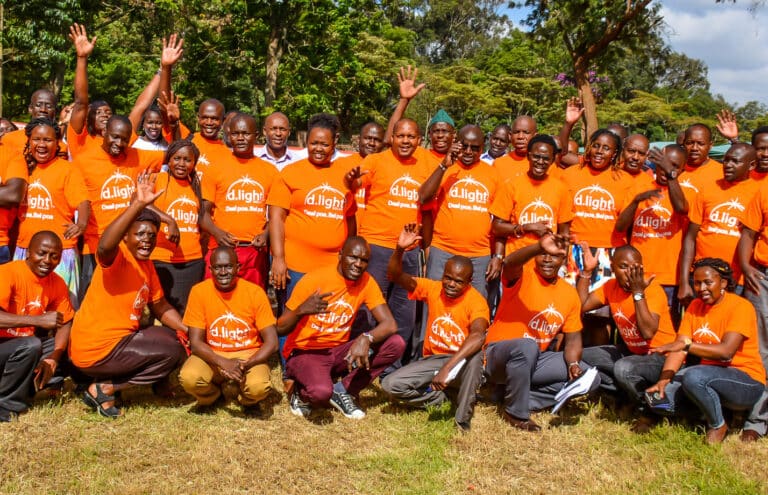The State Department of Medical Services has appealed to the National Assembly to approve a minimum of Sh100 million to facilitate sensitization and public participation towards SHIA. Recently, the High Court declared SHIA 2023 unconstitutional, the Primary Healthcare Act 2023, and the Digital Health Act 2023, citing lack of adequate public participation.
A three-judge bench comprising Justices Alfred Mabeya, Robert Limo, and Fredrick Mugambi declared the acts null and void, but gave Parliament 120 days to make necessary amendments. The acts are suspended for this period.
Before the National Assembly Departmental Committee on Health, Medical Services Principal Secretary Harry Kimtai defended the allocation, citing the need to abide by the court judgment. “We are requesting a budget allocation of Sh100 million to undertake sensitization on the UHC laws in accordance with the court judgment,” Kimtai said.
Kimtai also indicated that the Ministry would appeal the court’s decision after the 45-day stay order on implementation expires. He explained that the Ministry had viewed the court’s ruling and found bases to appeal some of the directives given. A joint team from the Ministry, PSC, and the Attorney General is set to strategize on appeal and how the public participation is carried out.
Issues and Decision of the Court
The court, in its decision, noted that some provisions in the SHIA had limited some rights that were enshrined in sections 26(5) and 27(4). Section 26(5) set registration and contribution as prerequisites to the provision of public services by the national and county governments or any of their entities. Section 27(4) restricted access to healthcare services only upon active and current contribution to the SHIA.
The judges struck out the two provisions, ruling that they contravened Article 43 of the constitution, which grants every Kenyan a right to health services, since the sections did not make any exemption to the right to emergency medical services. “The precondition set in those two provisions infringes on the right to access emergency services, while the state aims to realize this right with the challenged acts,” said the judges.
Next Steps
To this effect, the State-level Department of Medical Services is working on a two-pronged approach: appealing the ruling of the court while carrying out comprehensive public participation and sensitization under the suspended laws. This move will go a long way in appeasing the concerns raised by the court as it seeks to get back to establishing health laws in a constitutionally tenable and people-responsive manner.
This allocation and effort is considered a very fundamental step to ensure that, upon amendment and reinstatement, the health laws do serve the public better and firmly entrench the constitutional rights of all Kenyans.








